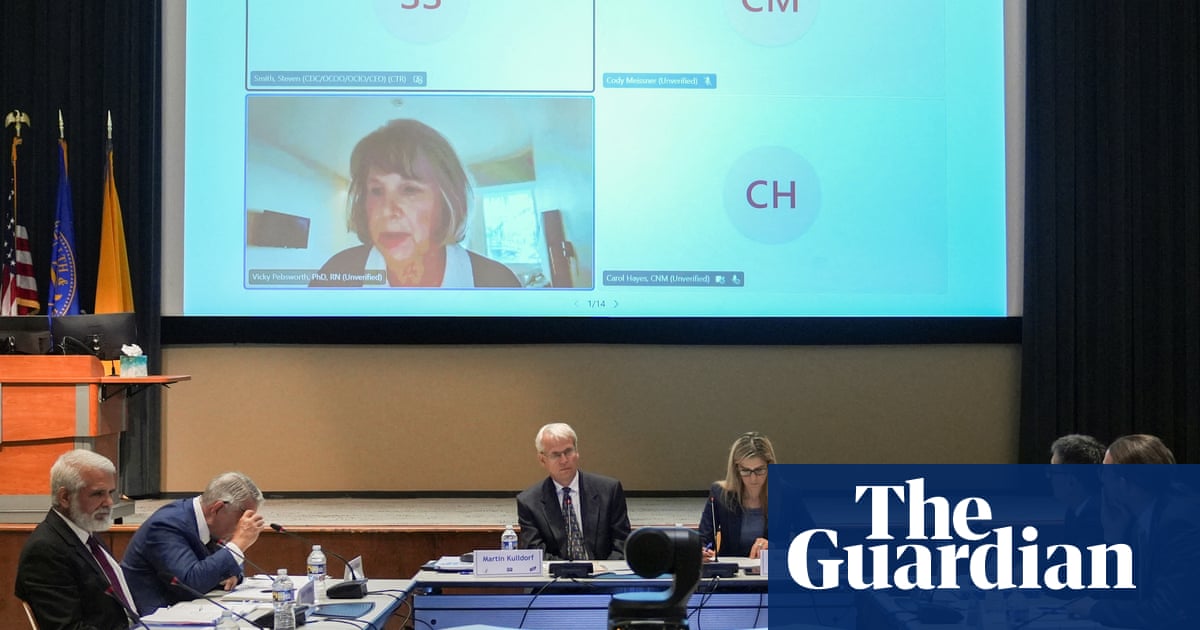Kemi Badenoch Discusses Conservative Party’s Path Forward

In a recent interview, Conservative Party leader Kemi Badenoch addressed the challenges her party faces following its significant defeat in the 2022 general elections. Speaking with journalist Fareed Zakaria, Badenoch outlined her vision for revitalizing a party that has deep roots in the legacy of former Prime Minister Margaret Thatcher.
Badenoch acknowledged the impact of the 2022 election results, which marked a historic low for the Conservatives. “We must reflect on what went wrong and how we can reconnect with the electorate,” she stated. The party lost a substantial number of seats, leading to a significant shift in the political landscape of the United Kingdom.
Strategic Changes for Future Success
To regain the trust of voters, Badenoch emphasized the need for a clear, forward-thinking strategy. She believes that addressing pressing issues such as the cost of living crisis and public sector reform is crucial. “People want to see tangible changes that affect their daily lives,” she said, highlighting a need for policies that resonate with the general public.
The Conservative Party is also focusing on rebuilding its image. Badenoch noted that the party must engage more with local communities and listen to their concerns. This grassroots approach aims to foster a sense of connection with constituents, which has been perceived as lacking in recent years.
Badenoch’s leadership style is also under scrutiny. She aims to embody a new generation of Conservative politicians, moving away from traditional rhetoric. “We have to be relatable and show that we understand the issues facing everyday people,” she added.
Building a Diverse Future
Diversity within the party is another point Badenoch is passionate about. As one of the few women of color to lead a major political party in the UK, she recognizes the importance of representation. “We need to ensure that our party reflects the diversity of our country,” she asserted. Badenoch’s leadership may inspire a broader demographic to engage with Conservative policies, potentially attracting younger voters.
While the road ahead remains challenging, Badenoch’s commitment to modernizing the party’s platform could be a turning point. Her proactive approach is aimed at re-establishing the Conservative Party as a relevant and viable option for voters in the upcoming elections.
As the party prepares for the next electoral cycle, Badenoch’s insights may offer a glimmer of hope for Conservative supporters. The journey towards recovery will require not only strategic planning but also a genuine effort to address the needs of the populace. The future of the Conservative Party, under Badenoch’s leadership, may well depend on its ability to adapt and respond effectively to the changing political climate.






